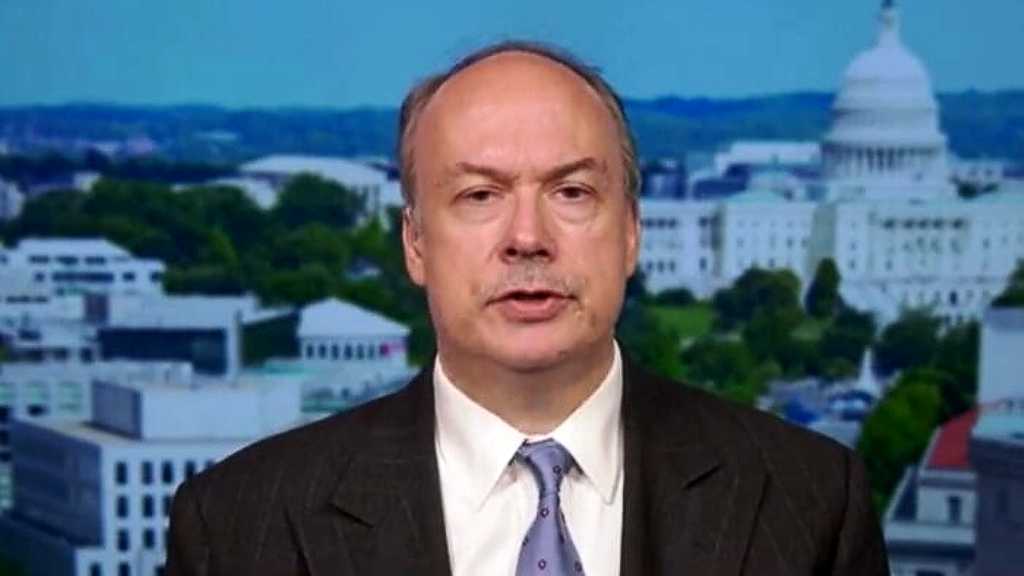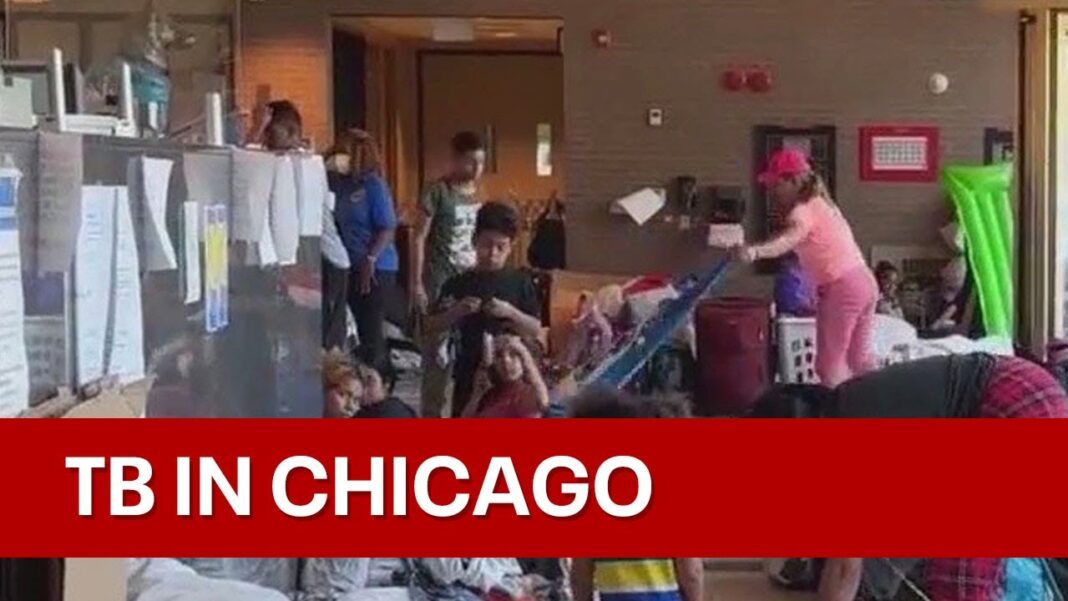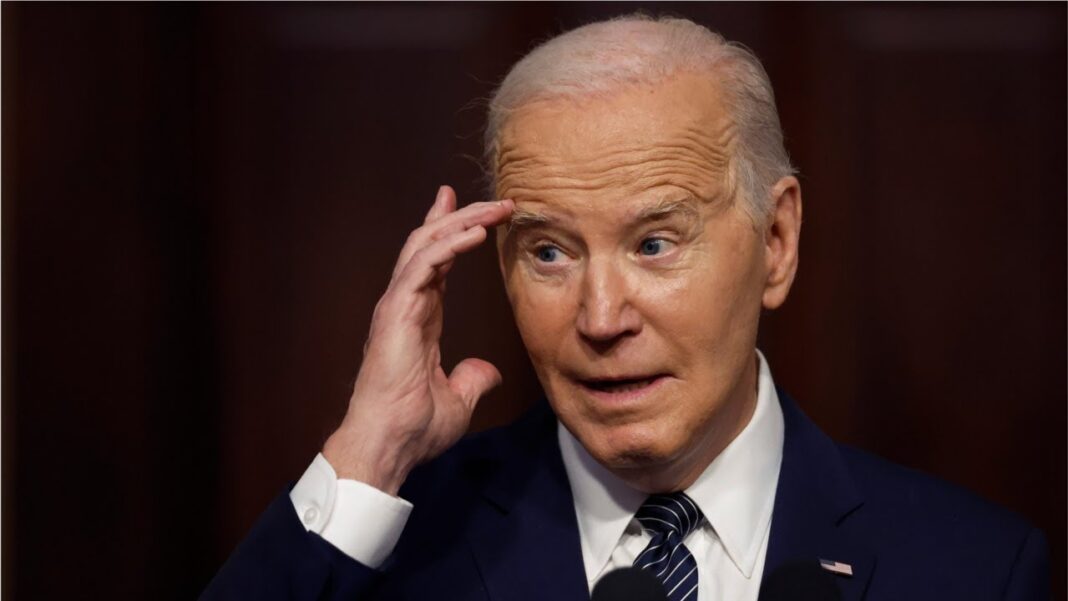President Trump reversed the decision later in the day after deciding against it.
WASHINGTON—Three days into former Department of Justice (DOJ) official Jeff Clark’s disciplinary hearing, his lead counsel confirmed a detail about the events leading up to Jan. 6, 2021.
It is well known that then-President Donald Trump considered elevating Mr. Clark to the post of acting attorney general when other department officials refused to aid his efforts to contest the 2020 election in Georgia. But it wasn’t clear if President Trump officially made the appointment. According to Mr. Clark’s lawyer, Harry MacDougald, the president had made the appointment but it only lasted a few hours.
“There was a period on January 3, where he was the acting attorney general until the President changed his mind later that day,” Mr. MacDougald said on March 28. He made the assertion during Mr. Clark’s D.C. bar disciplinary hearing, in which he faces sanctions or disbarment.
His claim is backed up by White House phone call records. The call logs that day initially listed Mr. Clark’s name as “Mr. Jeffrey Clark,” but the final entry is different, showing Clark’s name as “Acting Attorney General Jeffrey Clark” during a phone call with President Trump lasting from 4:19 to 4:22 pm on January 3, 2021.
It remains unclear at exactly what time on Jan. 3, 2021, the change in leadership was made, but it was reversed by the end of the day when President Trump decided against appointing Mr. Clark as the new acting attorney general.
Then-deputy Attorney General Richard Donoghue told Politico that he was unaware of Mr. Clark being named acting attorney general, calling the assertion “implausible.” Mr. Donoghue testified during Mr. Clark’s hearing that he was made aware of President Trump’s intention to promote Mr. Clark to the top DOJ spot and that he and others had rallied to stop it.
Letter
Mr. Clark’s temporary appointment arose from an intradepartmental conflict at the DOJ over a letter he drafted to Georgia voting officials following the 2020 election. The letter, which was ultimately rejected by Mr. Clark’s superiors and never sent, requested the officials convene an emergency session with two sets of electors: one set to cast its votes for President Donald Trump and the other set for then-candidate Joe Biden.









